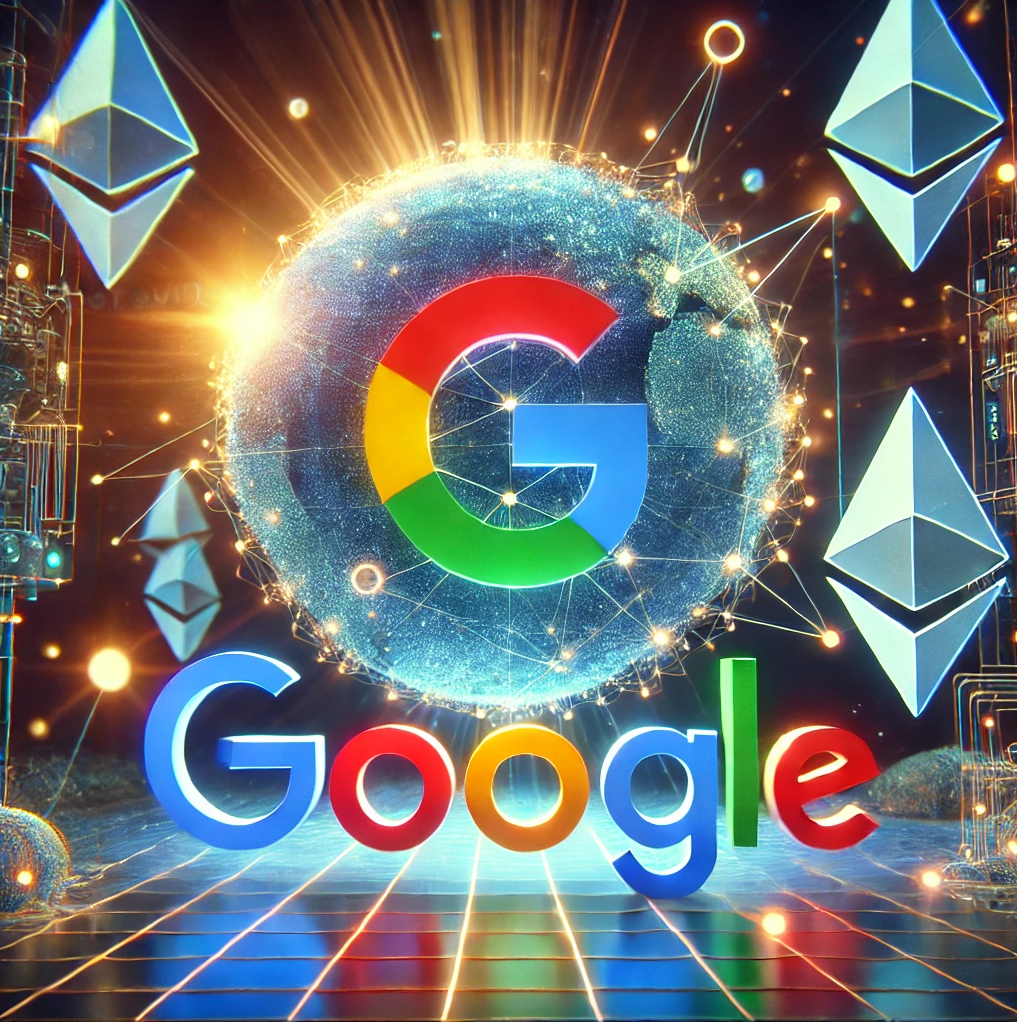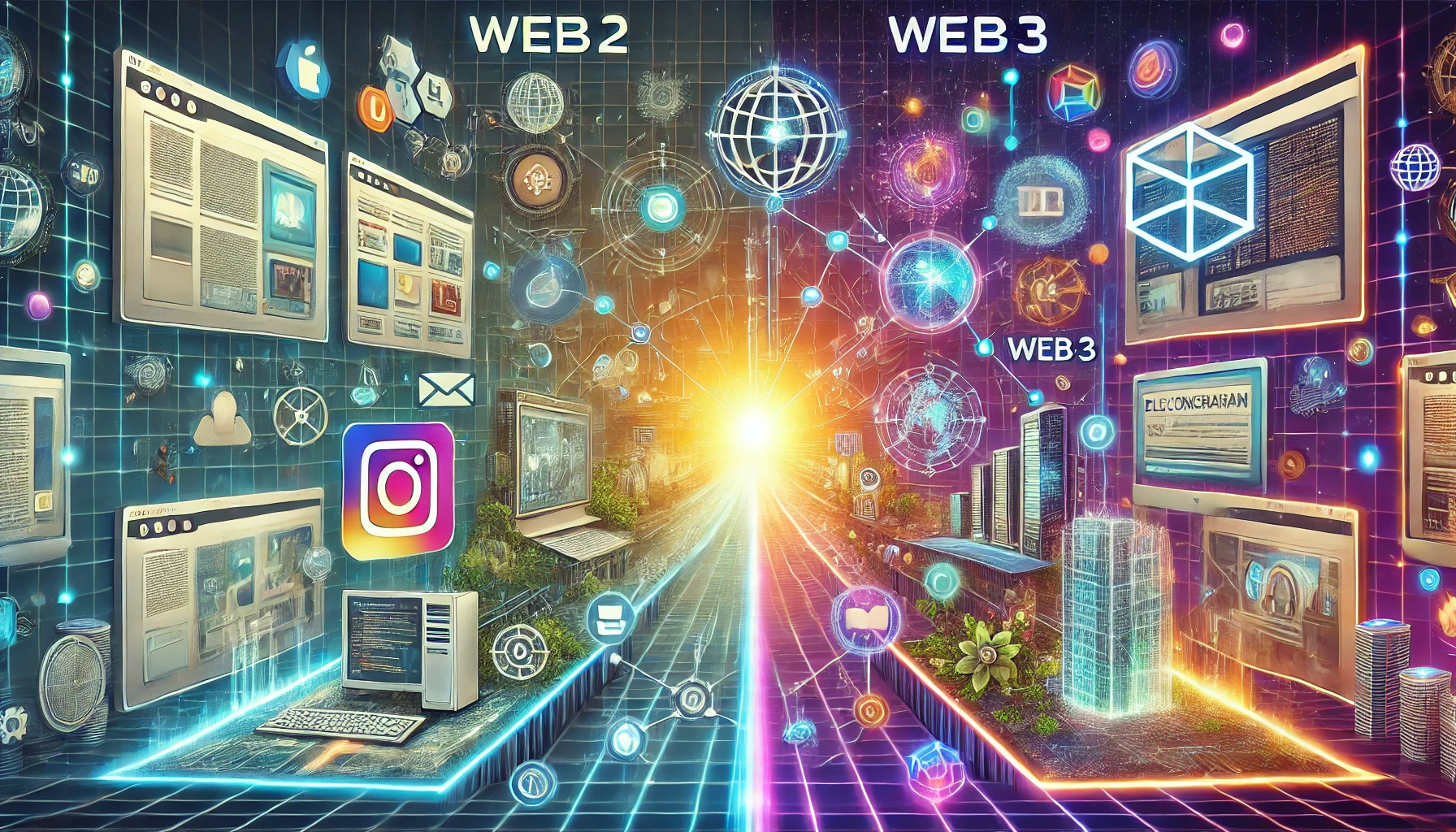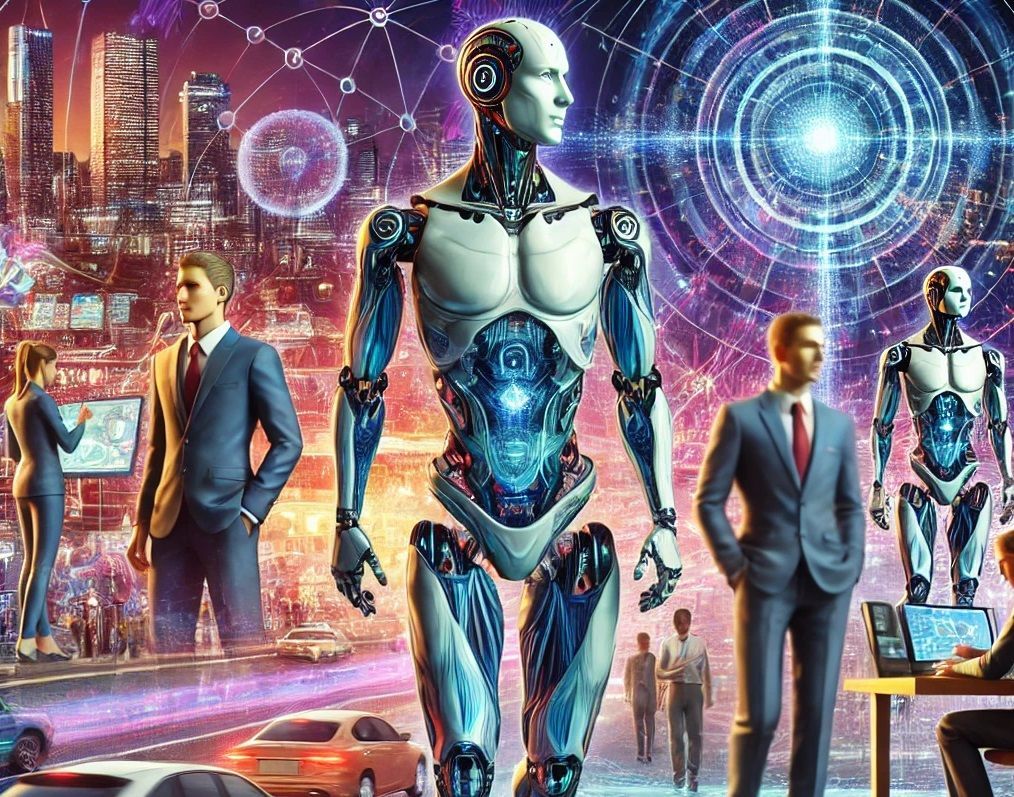Q.A.I
Quantum Artificial Intelligence
Q.A.I
Quantum Artificial Intelligence (QAI) represents a promising frontier for the development of artificial intelligence. This emerging field combines the principles of quantum mechanics with those of artificial intelligence, exploiting the unique characteristics of quantum physics, such as superposition and entanglement, to enhance and make AI algorithms more efficient.
* Quantum physics is the science that studies how very small particles behave, which follow different rules than the larger, more familiar objects we know.
Quantum physics is a branch of physics that studies the behavior of subatomic particles, such as electrons, protons, and photons. Unlike classical physics, which describes phenomena on a macroscopic scale, quantum physics deals with events on very small scales, where the laws of traditional physics do not always apply. In this quantum world, particles can exist in multiple states at the same time (superposition), can be instantly entangled with each other even over large distances (entanglement), and their behavior can only be described in terms of probabilities rather than certainties.
Key aspects of QAI:
List of services
-
Quantum ComputingList item 1At the heart of QAI is the use of quantum computers, which differ from classical computers in that they use qubits instead of bits. Qubits can exist in a superposition state, allowing them to perform multiple calculations simultaneously.
-
Speed and efficiencyQuantum computing promises to significantly speed up certain types of computations, making it particularly well-suited to optimization, pattern recognition, and simulation of complex systems. For example, quantum computers can solve logistics optimization problems much faster than classical computers.
-
Applications in AIIn theory, QAI could bring a breakthrough in machine learning capabilities, speeding up the training of deep neural networks and improving the efficiency of processing large data sets. For example, a QAI system could analyze massive amounts of genetic data to find new treatments for complex diseases.
-
Technical ChallengesThe practical realization of QAI is still in its infancy, with significant technical challenges to overcome. However, research in QAI continues to progress, with the development of more sophisticated algorithms and improvements in quantum computer hardware. For example, advances in quantum error correction are critical to making quantum computers more reliable and functional.
-
Research and developmentUniversities, research institutions, and companies are investing heavily to overcome these challenges and make QAI a practical reality. Major companies such as Google, IBM, and Microsoft are leading the way in quantum computing and QAI. For example, Google announced that it has achieved “quantum supremacy” with a quantum computer that can perform a specific calculation faster than any existing supercomputer.
-
Potential impactIf successfully implemented, QAI could have a revolutionary impact on many industries, from pharmaceuticals to finance, by solving problems that are currently beyond the capabilities of current AI systems. For example, QAI could accelerate the discovery of new drugs or improve the management of financial portfolios through advanced optimization.
-
Ethical and safety issuesAs with any advanced technology, there are ethical and security concerns to consider in the field of QAI. These concerns include data privacy, potential misuse of the technology, and implications for national and international security. Additionally, there is debate over the impact QAI could have on the labor market and social inequalities, as well as questions about the accountability of decisions made by quantum-enhanced AI systems.
Q.A.I
The argument that Quantum Artificial Intelligence (QAI) will probably one day (not far off) surpass human intelligence is both fascinating and controversial.
Will QAI surpass human intelligence?
Key Considerations:
PRO
- Higher Computational Skills
Quantum computers have the potential to perform cPROalcohols at a speed and complexity that classical computers cannot achieve. This could allow QAI systems to learn, analyze, and make decisions much faster and more complex than human capabilities.
2. Solving complex problems
With their processing capabilities, QAI systems could theoretically solve problems that are currently unsolvable by humans, such as extremely complex molecular simulations or the optimization of large-scale systems.
3. Learning and Adaptability
The combination of advanced AI and quantum computing could lead to systems that can learn and adapt in ways beyond the current capabilities of AI.
AGAINST
- Current Technical Challenges
Quantum technology is still in a relatively early stage of development, with many technical challenges to overcome before it can be fully exploited.
2. Human Intelligence Beyond Calculation
Human intelligence is not just a matter of computational power. It includes creativity, empathy, moral judgment, and other qualities that are not easily quantifiable or replicable through AI.
3. Ethical and Control Issues
The idea of a QAI that surpasses human intelligence raises significant ethical concerns, including the need to maintain control over algorithms and ensure that their goals are aligned with the human good.
Currently, QAI surpasses human intelligence in some aspects of computation and data analysis. However, many facets of human intelligence remain unique and irreplaceable.
The road to fully realizing the potential of QAI is fraught with technical and ethical challenges. However, with continued progress in research and development, QAI promises to transform many industries and bring significant benefits. The key will be to carefully address ethical and safety issues to ensure this powerful technology is used to benefit humanity.













